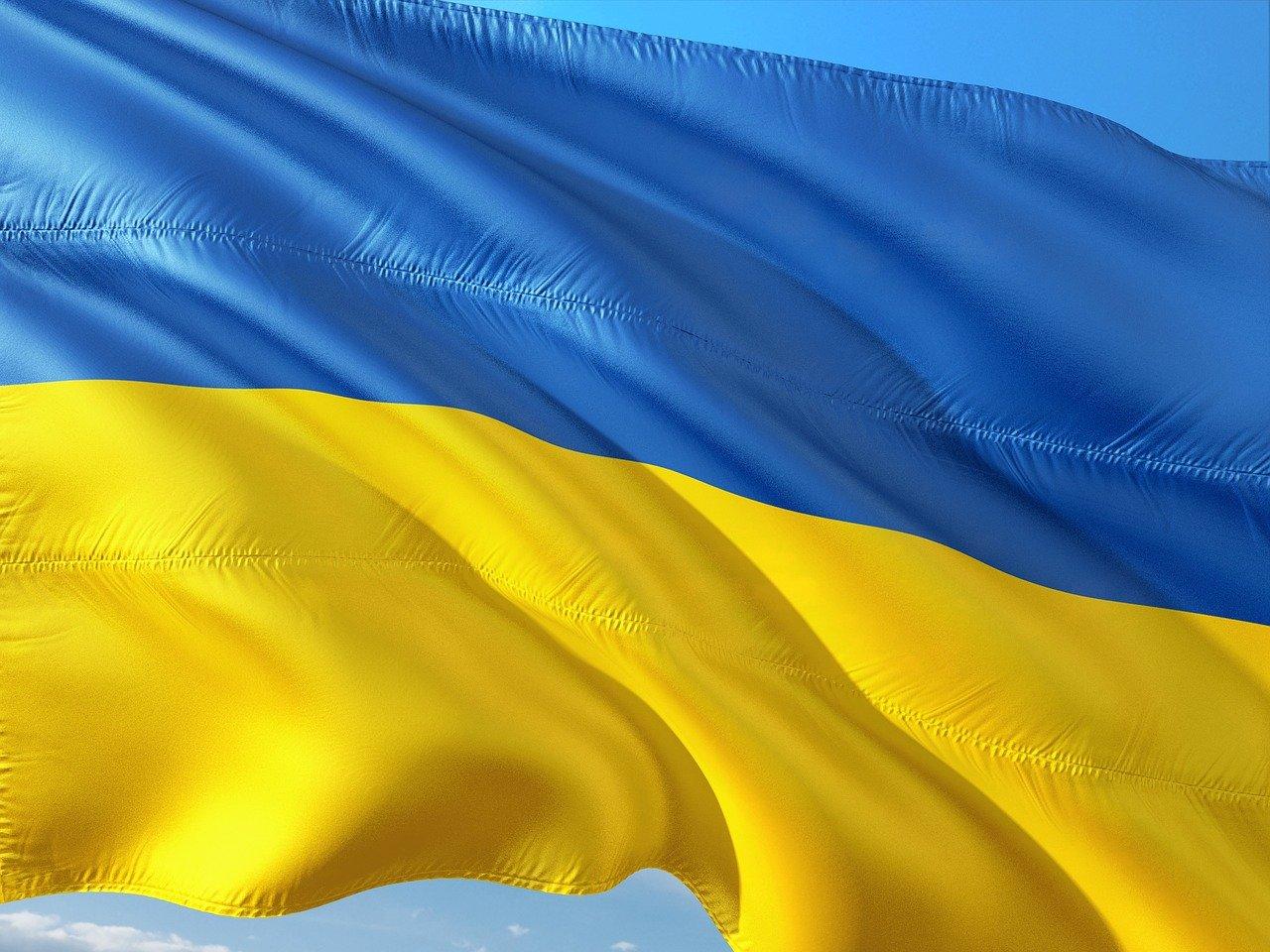This article will focus on the latest changes in the gaming legislation of some Eastern European countries, proposed updates, and their potential impact.
Ukraine — Online Gambling Finally Legalized
Ukraine has had what can only be described as a love and hate relationship with gambling. Since 2009, gambling was once completely banned, but in 2020, bill 2285-D was approved, which legalised all forms of gambling, including online casinos, sportsbooks, poker rooms, etc. The first license was issued to Spaceiks LLC for its Kosmolot casino, while the first sportsbook license was granted to Parimatch.
The gambling commission of Ukraine, dubbed KRAIL, expects the state to benefit greatly from the gambling market currently worth $1.4 billion. Namely, legalised gambling companies are expected to contribute more than $300 million in taxes in the upcoming period from all types of gambling.

Some of the key license requirements depend on the type of license applied for. A minimum authorised capital of around €1 million is required, and so is footing the license bill of approximately €1 million for online casinos and about €700,000 for online poker rooms.
The operators are also required to pay a 10% gambling tax in addition to the 18% corporate tax.
Poland — Polish Gambling Act About to Be Amended
Gambling in Poland is regulated by the Act on Gambling Games enacted in 2011. The result of its enactment is the complete legalisation of land-based gambling, including sports betting and casinos, but that did not leave any room for online casino gambling at all.
In recent months, changes to the Gambling Act have been proposed and sent to the lower chamber of the Polish Parliament. Unfortunately, no changes address the online casino gambling side of things but will impact some vital aspects of the current laws.

For example, changes to Article 15 of the Gambling Act will see any prior restrictions to the location of legal gaming halls for slot machines removed. These restrictions prohibited setting up a slot machine gaming hall in a venue where unauthorised gaming took place in the past five years.
Further changes to the Article aim at reducing the retention of audiovisual recordings from slot machines from three years to a year. This reduction will only apply to slot machines at gaming halls and not land-based casinos.
Baltics — Licensing in Lithuania, Estonia, and Latvia
The Baltic countries of Estonia, Latvia, and Lithuania were quick to jump the bandwagon and license multiple forms of gambling.
For example, Lithuania has legalised all forms of gambling, both land-based and online, but has imposed strict restrictions and rules. The share capital of companies that want to do their business online in the country needs to be over €1.7 million. Also, a physical presence of an office and a partnership with a local land-based gambling operator is required.
In recent months, the Gaming Control Authority has been sending out warnings to casinos targeting Lithuanians that they will be deemed illegal operators and blocked if they continue to offer services without a license. The blacklist of the regulator already features a number of names and domains and is constantly updated with new ones.

Estonia issues two types of mandatory licenses for operators. One is the activity license created to ensure the company honours all Gambling Act’s requirements, while the other is the online gaming license. Casinos are required to have a share capital of €1 million and both of the licenses. The best part of the gaming licenses from Estonia is that they have a virtually unlimited validity period.
Finally, in Latvia, the first gambling laws and regulations appeared in 1998 with the establishment of the Lotteries and Gambling Supervision Inspection that remains the country’s regulatory body. In 2005, a Gambling and Lotteries Law was enacted to legalise brick and mortar and online casinos. According to the law, a license is active for one year, and all the gambling equipment must be tested and sanctioned. Also, at least 50% of the company’s shareholders need to be from Latvia.
There was a recent move by the Latvian New Conservative Party and KPV LV to make amendments to the existing laws to limit gambling in the country. They sought to restrict the opening hours of casinos and limit them to big 4- and 5-star hotels, but the parliament dismissed the motion.

